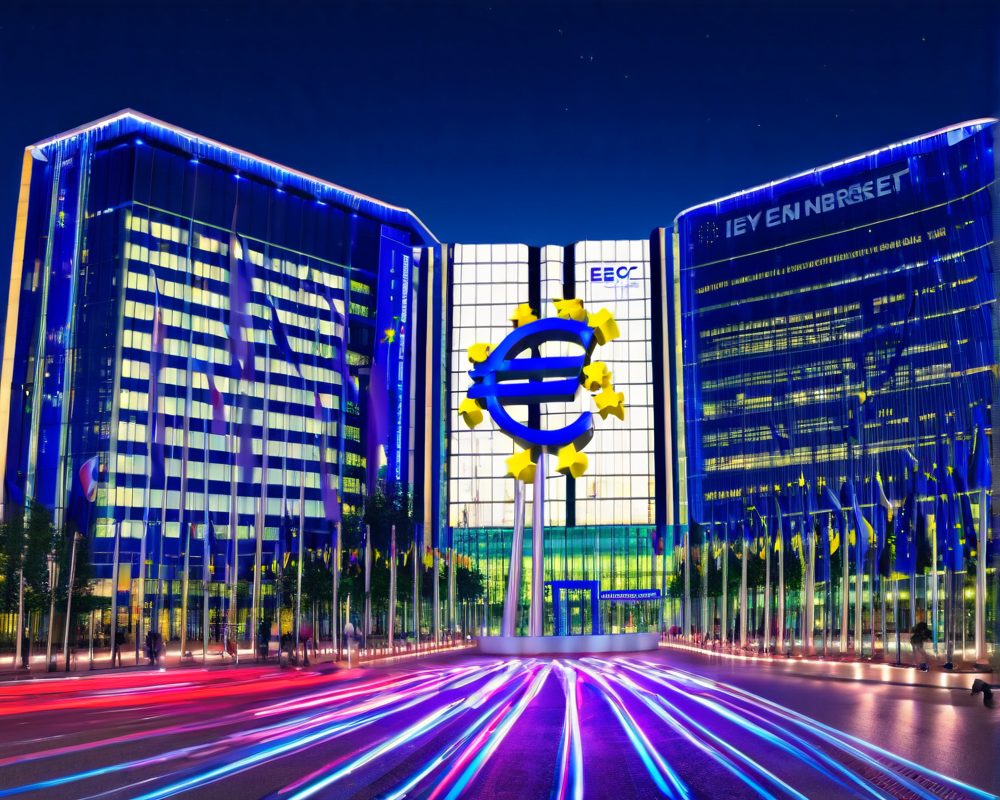Setting the Stage for the Digital Euro
The European Central Bank (ECB) has officially thrown its hat into the digital currency ring, announcing a two-year “preparation phase” for the much-anticipated digital euro. This comes after a two-year exploratory study that sent financial heads spinning. On October 18, the ECB laid the groundwork, stating that it plans to start this phase as of November 1. The interesting part? It’s not a done deal; the actual issuance of a digital euro isn’t guaranteed, and the Central Bank remains cautiously optimistic.
Understanding the Preparation Phase
During this preparation phase, the ECB will focus on establishing the rules of the road for the digital euro, determining who might be in charge of issuing it, and dabbling in user feedback. This could just be the world’s most elaborate game of Monopoly! What will be explored in these two years includes:
- Finalizing Rules: Setting the boundaries and expectations for the digital euro.
- Selecting Possible Issuers: Who gets to play banker here?
- Testing and Experimentation: Like a science fair, but for money!
Decisions, Decisions: The Governing Council’s Role
In an elaborate dance of governance, the Governing Council will ultimately decide the fate of our futuristic currency. They aim to conclude the first phase within two years and will only move towards actual issuance if the EU’s legislative process gives its thumbs up. So, keep those champagne bottles on ice until we hear more news!
Legislative Plans and Public Reception
In June, the European Commission unveiled a legislative proposal that could make digital euros accessible through banks, further solidifying the foundation for this currency revolution. ECB’s board member, Fabio Panetta, argues that a digital euro should coexist with cash, bringing along similar privacy features. So, for those worried about Big Brother watching, it appears there may still be room for personal privacy.
The Political Climate: Impacting the Digital Euro
The aerospace fanfare surrounding the digital euro project is electrified considering the upcoming European Parliament elections in June 2024. With regulatory bodies watching like hawks and markets on high alert, the attention surrounding the rollout of the digital euro can’t be understated. Additionally, with some caustic remarks in the crypto community aimed at ECB President Christine Lagarde—thanks to a prank video—this initiative is bound to come under scrutiny. Is a digital euro kryptonite for cryptocurrency, or could it coexist in a bizarre financial ecosystem?




